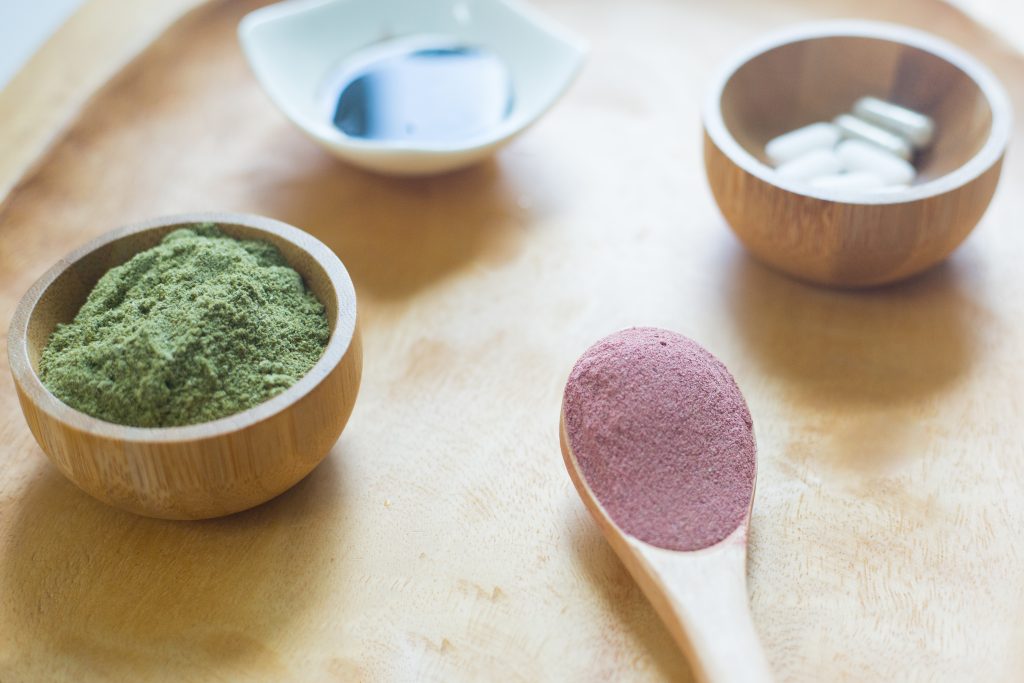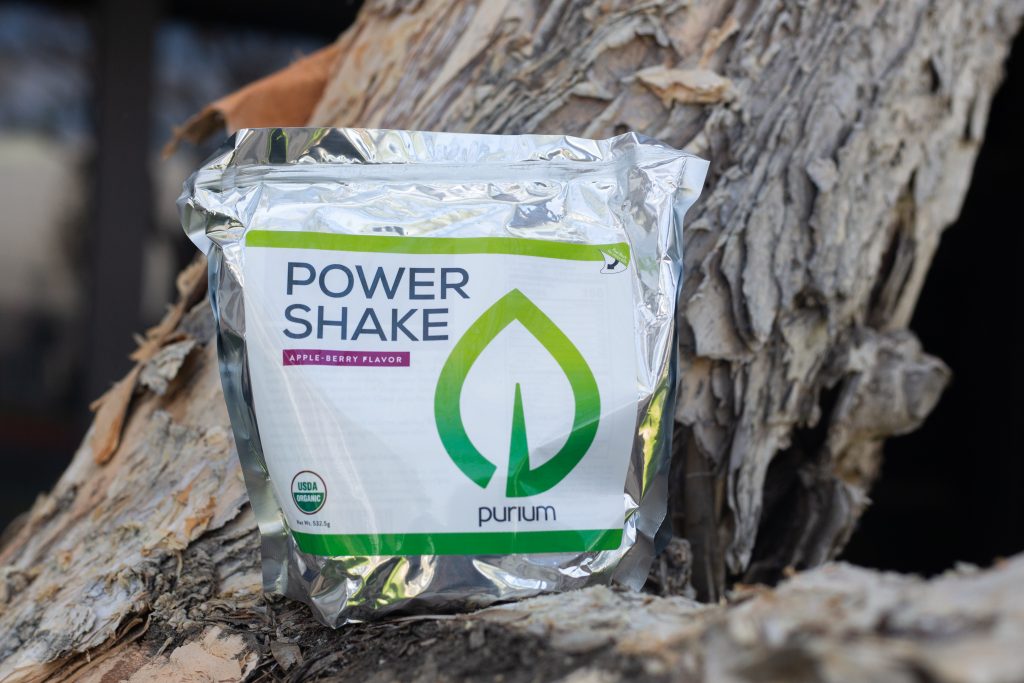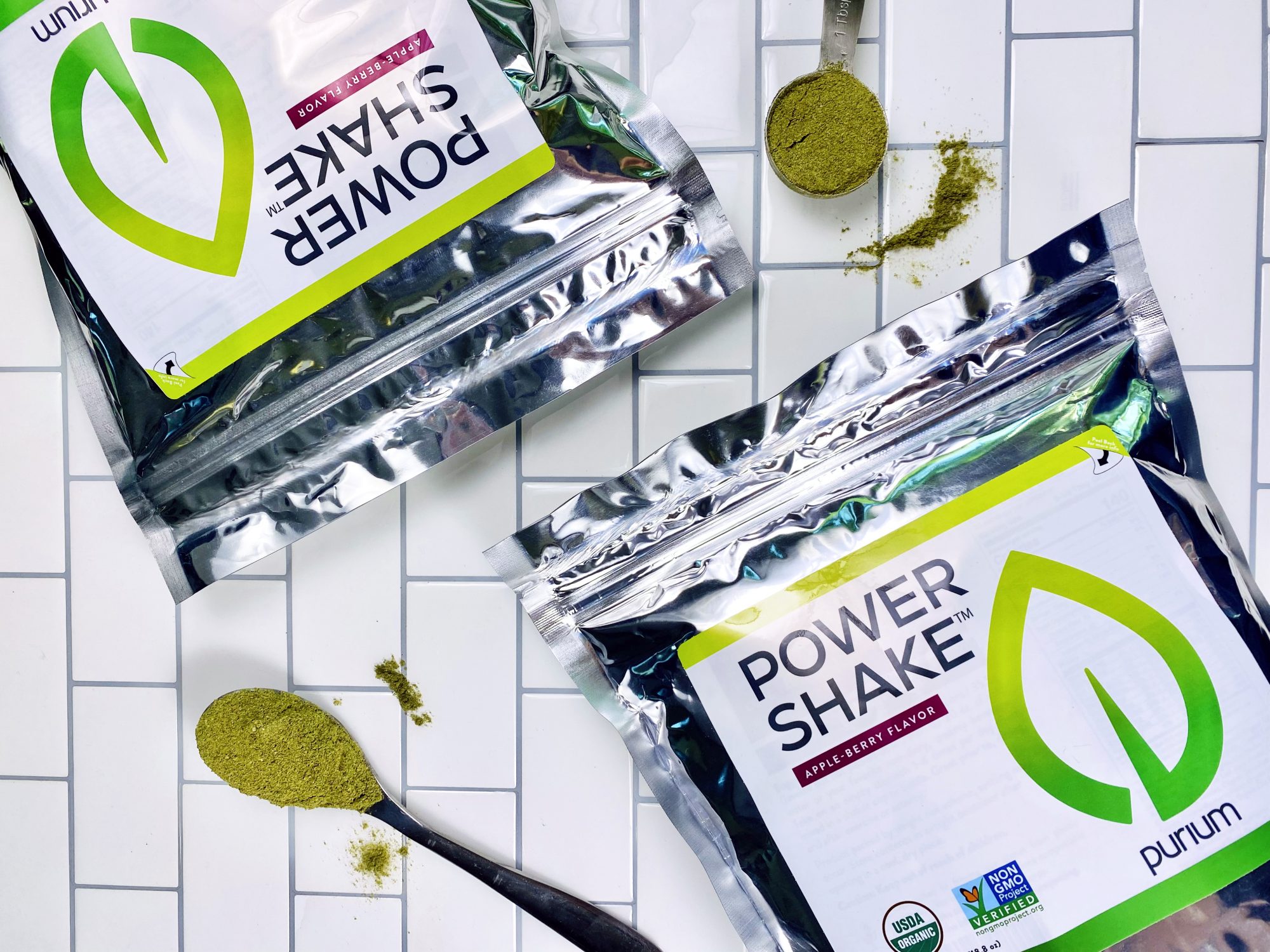In October, The National Alliance on Mental Health kicks off Mental Health Awareness week. During this week, we come together to fight the stigma about mental health and educate the world on how we can take better care of each other.
We’re joining the conversation by talking about how nutrition plays a big role in emotional wellness, and how our Daily Core 4 can help support the bridge between mind, body and spirit.
So, let’s get into it!
Emotional Wellness: The Three Factors
Our Co-Founder Dave Sandoval divides emotional wellness into three factors:
- body wellness
- mind wellness
- spirit wellness
These three facets of wellness are related, believe it or not. And what’s the glue that holds them together?
Nutrition!
Here’s how.
Body Wellness
What is body wellness? Well, this process describes how our bodies biologically perform. Our body functions can contribute to our mood and even mood disorders.
How so? Well, one way is through hormone production. We’ve talked a little bit about this before, but here’s a little refresher.
Hormones are little messengers in your body that help regulate different body functions. They travel throughout your body signaling different systems of the body which trigger processes, like metabolism.
What’s more, hormones help control our thoughts.
Some of the most important hormones that help regulate our thoughts and mood are cortisol, dopamine and serotonin.
One study published in the journal Health Psychology found that cortisol levels may also be connected to how we create healthy habits (and unhealthy ones too). (1)
You may also recognize cortisol as the “stress hormone.” The Mayo Clinic links high levels of this hormone with increased stress levels and even blood pressure.
Dopamine and serotonin help regulate feelings, and are associated with “good vibes” and happy thoughts. (2, 3)
What we eat can affect how our body produces these hormones.
Mind & Spirit Wellness
That is where mind and spirit wellness come into play. If our body is producing an excess of cortisol (or lacks production of other important hormones), our bodies can enter a state of flux.
In this state, we are more likely to encounter mood issues, not to mention a compromised immune system. (4)
If our bodies are not producing balanced dopamine and serotonin levels, we may feel more down. Others may also be more likely to develop a mood disorder, such as depression. (5)
And food plays a role in hormone production too. (6)If the foods we eat disrupt our hormonal functions, our levels become imbalanced. Unbalanced hormones may affect our emotions and how our body functions.
Because our emotions can be tied to metabolic and physiological processes, our diet should consist of foods that encourage healthy hormone production. Conversely, the opposite is true as well. We should stay away from foods that can compromise our hormones.
We really are what we eat! That’s the main idea behind epigenetics and our Epi-Genius line of products.
Daily Core 4 and Mental Health
So, we know that our body helps regulate hormones. We also know that hormones help regulate our thoughts, emotions and mind.
Now, we’re going to talk about how food can affect our hormone production and therefore, our mind and spirit wellness.
How Daily Core 4 Supports Nutrition
Here, we will cover specific foods in our Core 4 may help support hormone production and mental wellness.
Protein and Super Amino 23
Mind Body Green reports that protein is important in hormone production. What’s important about protein is that it helps the body produce amino acids, which may affect specific hormones, like insulin.
Super Amino 23, a staple in our Daily Core 4 Products, contains pre-digested vegetarian protein, composed of free crystalline amino acids. These acids can be rapidly absorbed into the bloodstream in 23 minutes (hence the name, Super Amino 23).
Gut Health and Biome Medic
Gut health is just as important to hormones as protein. Most especially, serotonin levels from the gut microbiome can be connected to emotion. (7)
One article published in the journal Behavioural Brain Research analyzed the connection between gut microbiota (bacteria in the gut) and serotonin transmission. Researchers found a connection the connection lay in the brain-gut-axis.
In more plain terms, our brain is connected our gut as they often communication through hormones. For example, when your gut is hungry, it will signal a hormone to the brain to make you think, “you know what, I’m ready to eat.”
So, a compromised gut can possibly affect hormone production, most especially, serotonin.
Biome Medic, a staple in Core 4, helps repair the gut with probiotics, digestive enzymes, plant fiber and more. Our Biome Medic decreased glyphosate and C-reactive protein levels in a double-blind trial.
Learn more about our Detox Project Certified Biome Medic here.
Melatonin, Mental Health and Apothe-Cherry
Like serotonin, melatonin is also an important hormone in helping to regulate mental health. In fact, Colorado State University designates serotonin as a precursor to melatonin.
Bascially, serotonin comes from the amino acid, tryptophan. After serotonin is acetylated and methylated (chemical reactions), it turns into melatonin.
Melatonin helps regulate our sleep cycles, which plays a role in emotion. Sleep levels are related to mood–not getting enough is detrimental. (8) Deep sleep and good mood are connected. Just think about how you feel after only getting a few hours of sleep. Not good, right?
Our Apothe-Cherry, a staple of the Core 4, helps regulate melatonin with natural antioxidants from tart cherries. Consumption of tart cherries has been connected to deeper and better sleep in some studies. (9)
Total Body Wellness, Mental Wellness and Power Shake
Total body wellness helps us stay in a good mood. When your works well, you feel well, go figure! That’s pretty much one of the biggest motivations behind the creation of every Purium product.
Our Power Shake, the last staple in Core 4 Nutrition, exemplifies this idea. Power Shake packs plant nutrients and natural fatty acid through flax seeds. In some studies, flax seeds have been shown to help support hormones and overall, mental health. (10)
Happy + Healthy
Self-care is the new healthcare. Keep yourself healthy and happy by browsing our plant-powered products on iShopPurium.com
Cited Studies
- Fournier, M., d’Arripe-Longueville, F., Rovere, C., Easthope, C. S., Schwabe, L., El Methni, J., & Radel, R. (2017). Effects of circadian cortisol on the development of a health habit. Health Psychology, 36(11), 1059.
- Nieoullon, A., & Coquerel, A. (2003). Dopamine: a key regulator to adapt action, emotion, motivation and cognition. Current Opinion in Neurology, 16, S3-S9.
- Meneses, A., & Liy-Salmeron, G. (2012). Serotonin and emotion, learning and memory.
- Salovey, P., Rothman, A. J., Detweiler, J. B., & Steward, W. T. (2000). Emotional states and physical health. American psychologist, 55(1), 110.
- Cowen, P. J., & Browning, M. (2015). What has serotonin to do with depression?. World Psychiatry, 14(2), 158.
- Marks, V. (1985). How our food affects our hormones. Clinical biochemistry, 18(3), 149-153.
- O’Mahony, S. M., Clarke, G., Borre, Y. E., Dinan, T. G., & Cryan, J. F. (2015). Serotonin, tryptophan metabolism and the brain-gut-microbiome axis. Behavioural brain research, 277, 32-48.
- Dement, W. C., & Vaughan, C. C. (1999). The promise of sleep: A pioneer in sleep medicine explores the vital connection between health, happiness, and a good night’s sleep (pp. 208-16). New York: Delacorte Press.
- Howatson, G., Bell, P. G., Tallent, J., Middleton, B., McHugh, M. P., & Ellis, J. (2012). Effect of tart cherry juice (Prunus cerasus) on melatonin levels and enhanced sleep quality. European journal of nutrition, 51(8), 909-916.
- Goyal, A., Sharma, V., Upadhyay, N., Gill, S., & Sihag, M. (2014). Flax and flaxseed oil: an ancient medicine & modern functional food. Journal of food science and technology, 51(9), 1633-1653.










Are Purium products celiac friendly?
Hi Danielle,
Most of our products are certified gluten-free, but not all. Are you interested in a particular product?